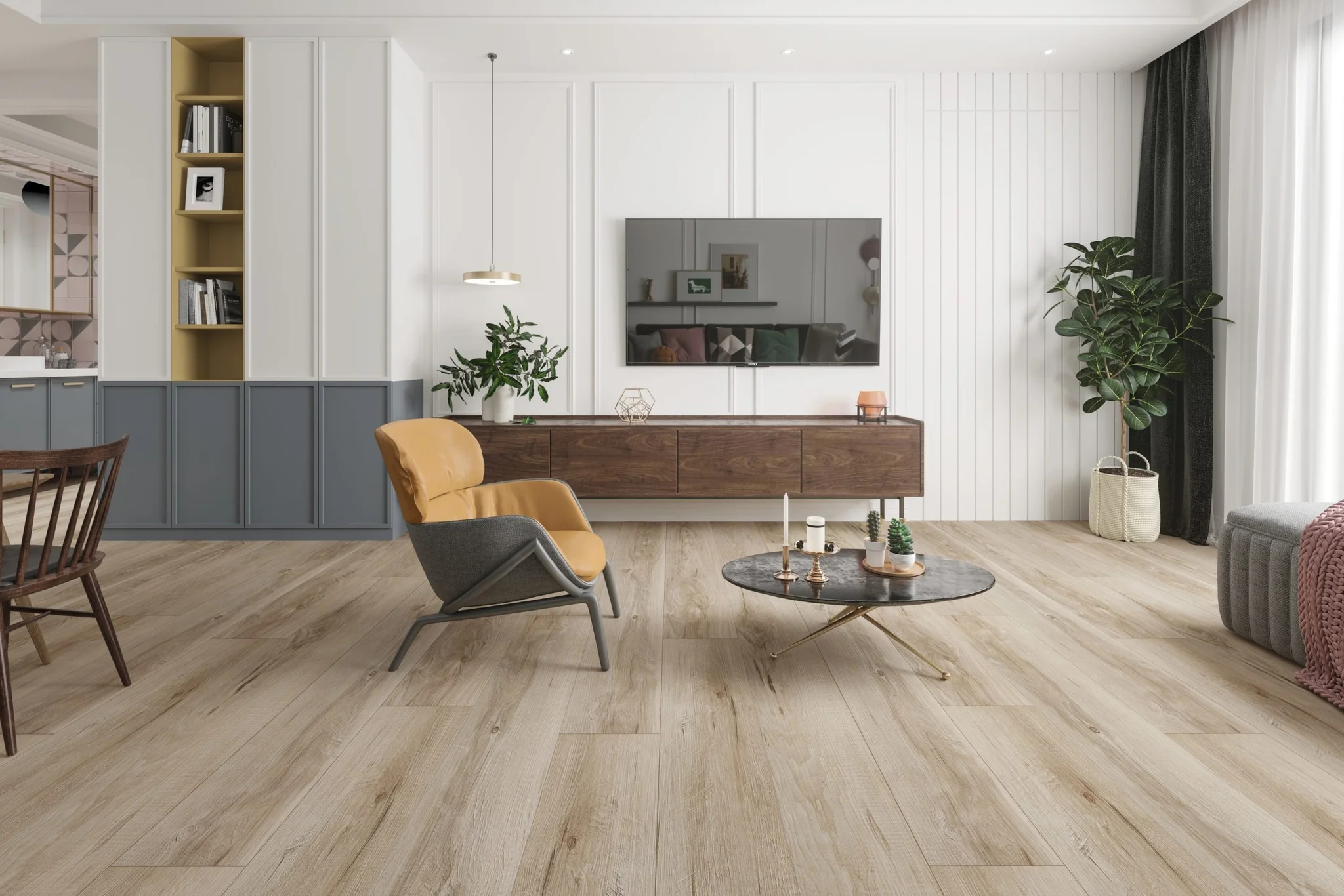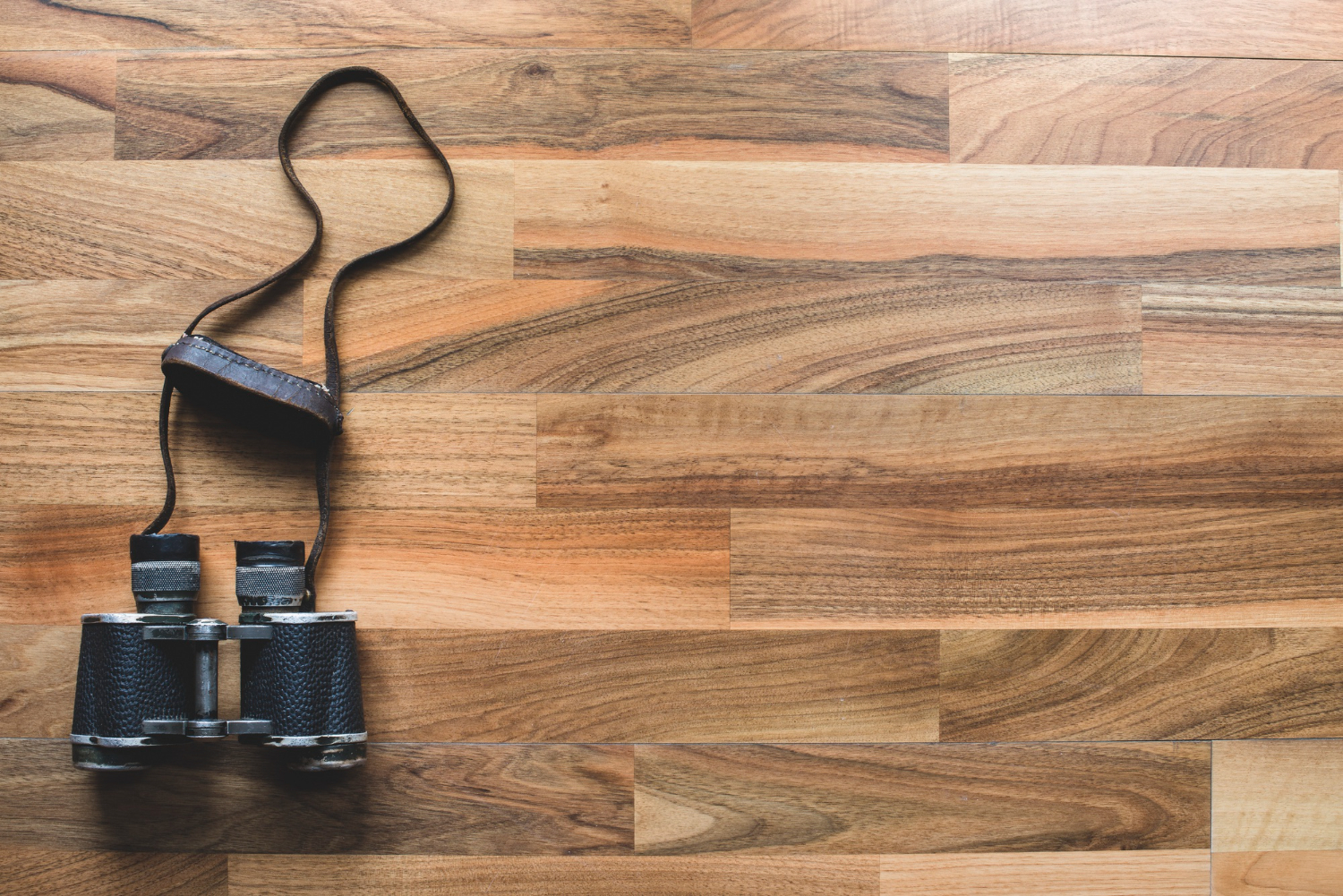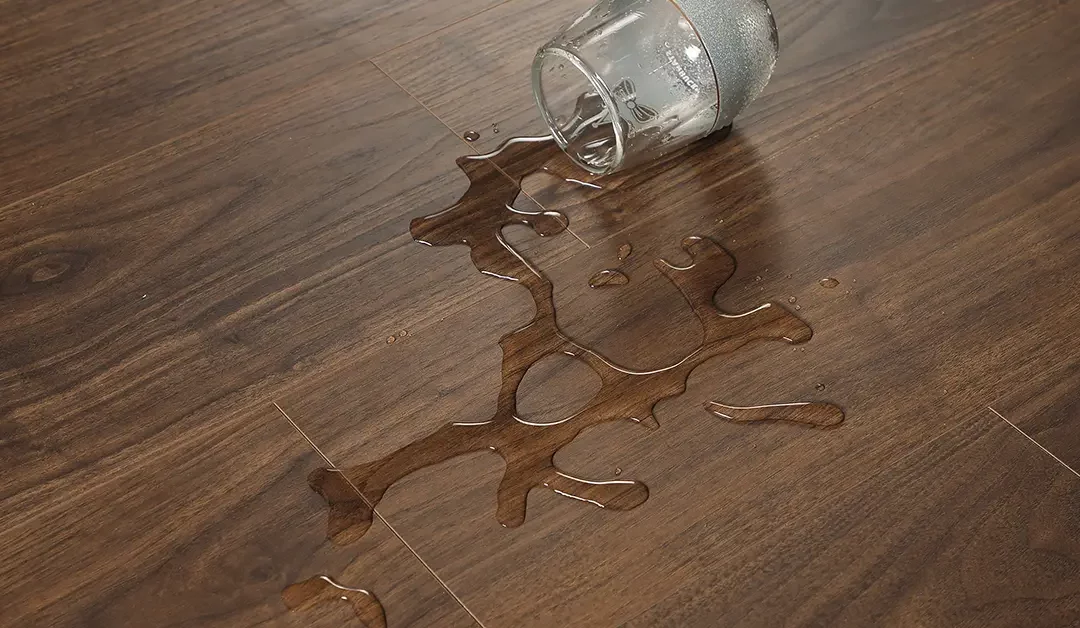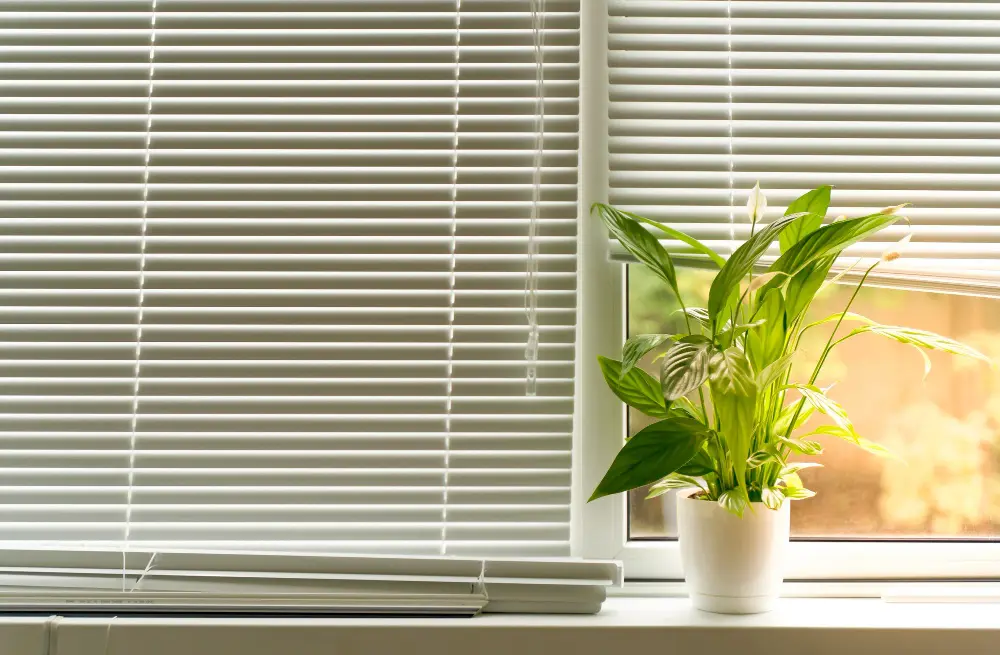Vinyl flooring has emerged as a versatile and popular choice for homeowners, offering a wide range of styles and benefits. However, like any flooring option, it comes with its set of advantages and disadvantages. In this comprehensive guide, we’ll delve into everything you need to know about vinyl flooring, Vinyl flooring has become a popular choice for homeowners seeking a budget-friendly and versatile Vinyl Flooring Pros and Cons to help you make an informed decision for your home.
The Pros of Vinyl Flooring
1. Affordability:
- Advantage:
- Vinyl flooring is often more budget-friendly than other flooring options, making it an excellent choice for cost-conscious homeowners.
2. Versatility in Design:
- Advantage:
- Vinyl flooring comes in a vast array of designs, mimicking the look of hardwood, tile, stone, and more. This versatility allows homeowners to achieve their desired aesthetic.
3. Water Resistance:
- Advantage:
- Many vinyl flooring products are water-resistant or waterproof, making them suitable for high-moisture areas such as bathrooms and kitchens.
4. Durability:
- Advantage:
- Vinyl flooring is known for its durability and resilience. It can withstand heavy foot traffic, making it suitable for busy households.
5. Easy Maintenance:
- Advantage:
- Vinyl flooring is easy to clean and maintain. Regular sweeping and occasional mopping are usually sufficient to keep it looking its best.
6. Comfort Underfoot:
- Advantage:
- Vinyl flooring is softer and warmer underfoot compared to materials like tile or hardwood, providing a more comfortable experience.
7. DIY-Friendly Installation:
- Advantage:
- Many vinyl flooring products feature click-and-lock or adhesive backing systems, making them suitable for DIY installation.
8. Resistant to Stains and Scratches:
- Advantage:
- Vinyl flooring is resistant to stains and scratches, making it a practical choice for households with children and pets.
9. Sound Absorption:
- Advantage:
- Vinyl flooring has sound-absorbing properties, reducing noise levels and creating a quieter indoor environment.
10. Temperature Resistance:
- *Advantage:*
- Vinyl flooring is less susceptible to temperature changes, making it suitable for installation in various climates.
The Cons of Vinyl Flooring
1. Not Biodegradable:
- Disadvantage:
- Vinyl flooring is not biodegradable, and its production involves the use of PVC, which raises environmental concerns.
2. VOC Emissions:
- Disadvantage:
- Some vinyl flooring products may emit volatile organic compounds (VOCs) after installation, contributing to indoor air pollution.
3. Not as Aesthetic as Natural Materials:
- Disadvantage:
- While versatile, vinyl may not fully replicate the natural beauty and authenticity of materials like hardwood or stone.
4. Limited Repair Options:
- Disadvantage:
- If a vinyl plank is damaged, the replacement process can be challenging, and achieving a seamless look may be difficult.
5. Not Suitable for Uneven Subfloors:
- Disadvantage:
- Vinyl flooring requires a smooth and even subfloor. It may not be the best option for installations over irregular surfaces.
6. Not as Long-Lasting as Some Materials:
- Disadvantage:
- While durable, vinyl flooring may not have the same lifespan as materials like hardwood or ceramic tile.
7. Susceptible to Fading:
- Disadvantage:
- Extended exposure to sunlight may cause vinyl flooring to fade over time, affecting its appearance.
8. Not a Natural Insulator:
- Disadvantage:
- Vinyl does not provide the same level of natural insulation as materials like carpet or cork.
9. Environmental Impact:
- *Disadvantage:*
- The production and disposal of vinyl flooring can have environmental implications, contributing to landfill waste.
10. May Dent Under Heavy Furniture:
- *Disadvantage:*
- Heavy furniture or appliances may leave dents on vinyl flooring, especially in areas with concentrated loads.
Tips for Choosing and Maintaining Vinyl Flooring
Choosing Vinyl Flooring:
- Quality Matters:
- Invest in high-quality vinyl flooring to ensure better durability and performance.
- Understand Wear Layers:
- Consider the wear layer thickness, as thicker wear layers provide increased resistance to scratches and wear.
- Waterproof Core:
- For areas prone to moisture, choose vinyl flooring with a waterproof core for enhanced protection.
- Installation Considerations:
- Assess your subfloor and choose the installation method that best suits your space, whether it’s click-and-lock, glue-down, or loose-lay.
- Environmental Considerations:
- Explore eco-friendly options or alternative flooring materials if environmental impact is a primary concern.
Maintaining Vinyl Flooring:
- Regular Cleaning Routine:
- Establish a regular cleaning routine using a soft broom, vacuum, or damp mop to keep the floor free from dirt and debris.
- Use Floor Protectors:
- Place furniture pads under heavy furniture to prevent dents and scratches.
- Address Spills Promptly:
- Wipe up spills immediately to prevent staining and potential damage to the floor.
- Avoid Harsh Cleaners:
- Use mild, pH-neutral cleaners designed for vinyl flooring and avoid harsh chemicals that may damage the surface.
- Area Rugs and Mats:
- Use area rugs or mats in high-traffic areas to minimize wear, especially in entryways and hallways.
- Temperature Management:
- Maintain a consistent indoor temperature to prevent expansion or contraction of the vinyl flooring.
- Follow Manufacturer Guidelines:
- Adhere to the manufacturer’s guidelines for cleaning, maintenance, and repairs to ensure the longevity of your vinyl flooring.
Conclusion
Vinyl flooring has become a popular choice for homeowners seeking a budget-friendly and versatile Vinyl Flooring Pros and Cons. Understanding the pros and cons is essential for making an informed decision that aligns with your lifestyle, design preferences, and environmental considerations. By carefully weighing the advantages and disadvantages, and implementing proper maintenance practices, you can enjoy the benefits of vinyl flooring while minimizing potential drawbacks. Whether you prioritize affordability, water resistance, or a wide range of design options, vinyl flooring stands as a practical and stylish choice for various spaces within your home.




